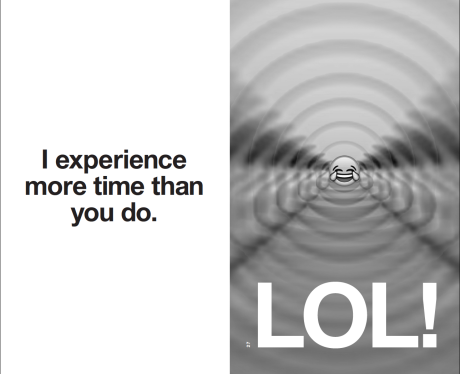I’m enjoying the way The Age of Earthquakes is migrating across media. The BBC have, in particular, been generously receptive. So, when I was asked to go onto a World Service program, I’ll admit I got a little bit excited. Because it’s the radio station I listen to every day and admire both from afar and near. It is genuinely worldly. On another level, it’s also the radio station my father and his family listened to in Bangladesh when it was still part of India and then part of Pakistan onto Independence. BBC World Service is an institution that remains largely intact. That’s something to cherish.
Here I am on The Forum. The program is called, ‘How Long is Now?’ Time perception plays a big role in The Age of Earthquakes, and so it was a treat to be able to discuss this with experts from neuroscience (Virginie van Wassenhove) and musicology (Lawrence Zbikowski).
Of the three, I am the ardent generalist.
The host, Samira Ahmed, was enthusiastic and gracious and the entire team patient with my lack of studio panache. Radio remains at its best a bastion of slow thought. (Despite the fact our perception of the present has decreased from 12 seconds in 2000 to 8 seconds today, a new study confirmed).
My theses come from simply noticing my own behaviour and how they’ve been changing. I can’t back it up with research — but I think that’s okay. Because it seems that neuroscience still doesn’t know many things about the brain — and there is even an argument to say it never can because: how can a subject analyse the object of its study with due objectivity and precision if that object is the subject?
Confused? Welcome to my world.
And so, again, without scientific fact to back me up, what I think I’m interested in and want to know more about is an ANTHROPOLOGY OF THE BRAIN.
PS. I make an extremely rogue connection between monotheism, eschatology and the 3 minute pop song that I literally came up with on the spot. As ludicrous as it sounds, I believe there is evidence for this conjecture. One day I will be shown it.
